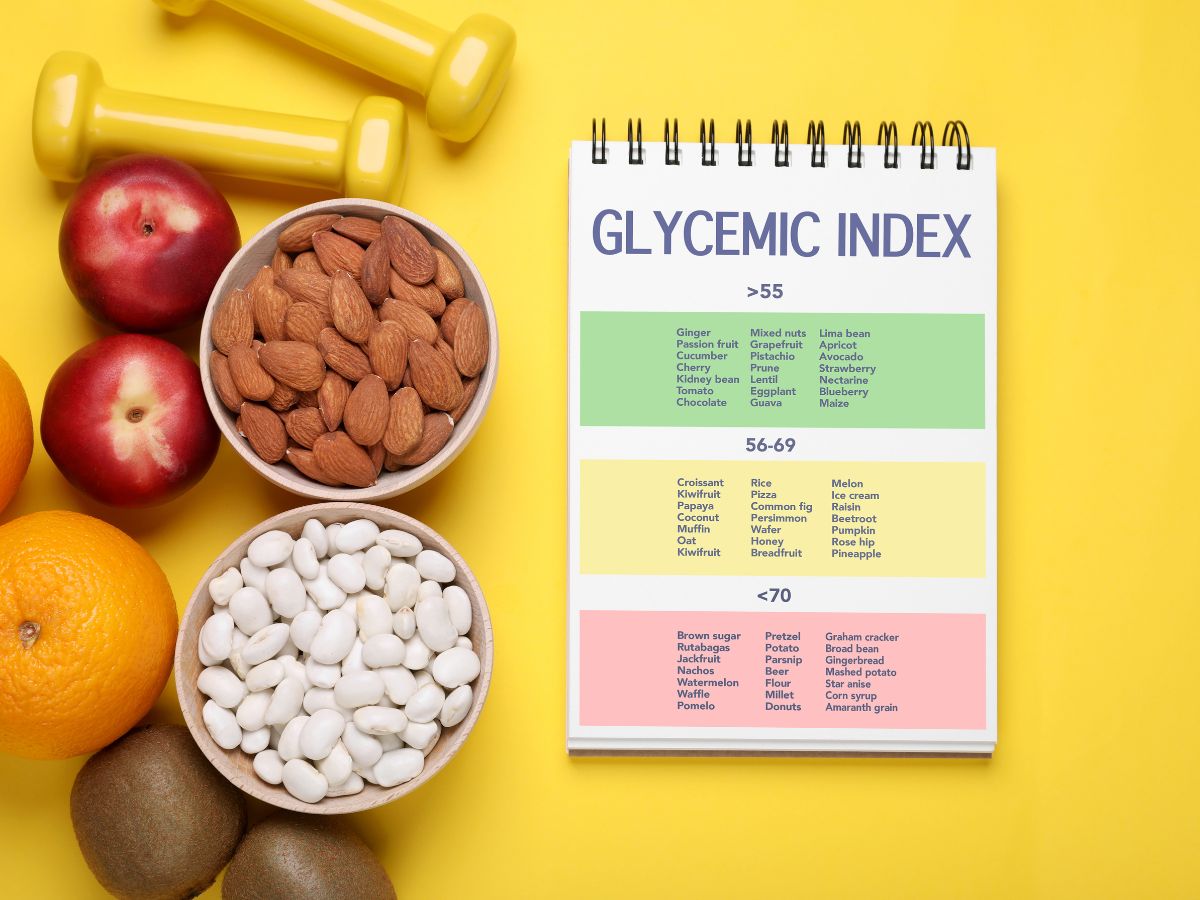As January’s initial burst of motivation begins to fade, the real challenge emerges: sustaining your commitment to a healthier lifestyle throughout the year.
In this blog post, we unveil nine practical tips that go beyond the traditional New Year’s fitness fervour, providing a holistic approach to help keep you on track with your training and diet with smarter sugar choices and mindful snacking.
Sticking to New Year’s Health Resolutions
1. Set Realistic Goals:
Embarking on a fitness journey starts with setting achievable and realistic goals. Gradual progress is more sustainable than extreme measures. This approach ensures commitment and motivation, laying the foundation for long-term success. For example, if your goal is to run a 5km race, start with a plan that includes walking and short runs, gradually increasing the intensity as you build stamina.
2. Create a Consistent Routine:
Establishing a workout routine that fits into your daily schedule is crucial for consistency. Whether it’s mornings, evenings, or lunch breaks, having a regular time for your workouts makes them a non-negotiable part of your day. Consistency is key in forming habits that last. Schedule your workouts as you would any other important appointment. Set reminders on your phone or use a calendar to establish a consistent routine. This helps make exercise a non-negotiable part of your daily life.
3. Find Enjoyable Activities:
Make your fitness journey enjoyable by choosing activities you love. Whether it’s dancing, hiking, cycling, or weightlifting, finding pleasure in your workouts increases the likelihood that you’ll stick with them. Experiment with different activities until you find what you genuinely enjoy. Attend fitness classes, try new sports, or explore workout apps. When you find something you love, it won’t feel like a chore.
Swapping Out Sugar in Your Diet
4. Choose Natural Sweeteners:
Opt for natural sweeteners like honey, maple syrup, or agave nectar as alternatives to refined sugar. These options often have a lower glycaemic index and provide additional nutrients compared to white sugar, offering a healthier way to satisfy your sweet tooth. Gradually replace refined sugar with natural sweeteners, like using honey in your morning coffee. This step-by-step approach helps your taste buds adjust.
5. Experiment with Sugar Substitutes:
Explore sugar substitutes like xylitol, erythritol, or stevia. These options add sweetness to your dishes without the added calories or impacting blood sugar levels. Experiment to find the one that suits your taste, embracing a world of alternatives to traditional sugar.
6. Use Whole Fruits:
Enhance the sweetness of your meals with whole fruits like bananas, berries, or dates. Pureed fruits can also serve as excellent substitutes in recipes that call for sugar. Not only do they add natural sweetness, they also add fibre and various vitamins and minerals to your diet. Keep a variety of fruits on hand to make it easy to reach for a nutritious alternative when cravings strike.
Choosing Healthier Snacks
7. Opt for Nutrient-Rich Options:
Select snacks that are rich in nutrients, such as vitamins, minerals, fibre, and protein. Fresh fruits, vegetables, nuts, seeds, and whole grains are excellent choices. These snacks provide sustained energy, keep you feeling full for longer, and contribute to overall well-being. Try implementing a snack-prep routine at the beginning of each week. Wash and cut fresh fruits and vegetables, portion out nuts and seeds, and prepare healthy dips.
8. Check Ingredient Lists:
Empower your health by decoding food labels! Check for products with lower saturated and trans fat contents – these are the ‘bad fats’ linked to heart issues. Keep an eye on sugar content too, as a high sugar intake is associated with various health problems. Opt for products with lower saturated and trans fats, and moderate sugar levels. Take a few extra minutes at the grocery store to read the ingredient lists and gradually replace unhealthy snacks in your pantry with smarter choices.
9. Mindful Portion Control:
Be mindful of portion sizes to avoid overeating. Even healthy snacks can add additional unnecessary calories to your diet if consumed in large quantities. Consider pre-portioning snacks or choosing single-serving options to help control portion sizes, promoting better awareness of your food intake. When you purchase bulk snacks, immediately portion them into single servings. This helps prevent overeating and encourages mindfulness about your snack consumption.
As you embark on your journey to a healthier lifestyle, remember that progress takes time. Implement these practical tips gradually, find joy in the process, and celebrate your achievements along the way. When you’re working to stay on track with your New Year’s health and fitness resolutions, keep these tips in mind to guide you towards a healthier and more fulfilling year ahead.
Disclaimer: We always recommend that anyone, especially those suffering from any medical conditions or taking any medication, first check with their medical practitioner before starting any eating or exercise program or using any new products. Be mindful of unproven medical claims and prioritise your health when making choices.

